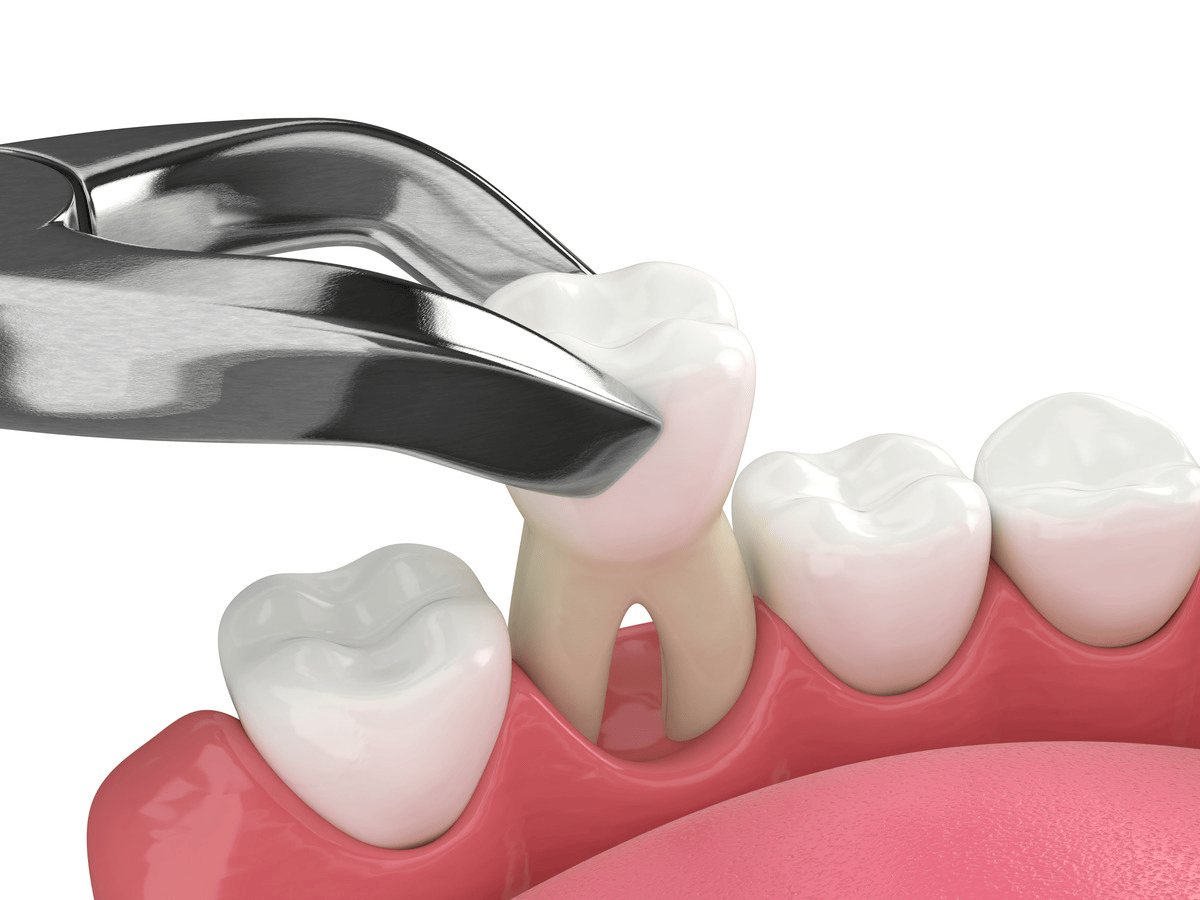Tooth extractions in Grande Prairie are required to improve your dental health for a number of reasons, such as a broken tooth, an impacted tooth, or overcrowding. Dental extractions are not ideal, but they are also less painful and terrifying than they formerly were. Thanks to improved techniques and a variety of anesthetic options, tooth extractions are now somewhat less complicated.
Causes of Extraction of Teeth
Structural Damage
Your teeth may occasionally sustain serious damage that makes restoration or repair impossible. In situations like these, tooth extraction near me helps avoid needless issues by stopping oral bacteria from entering the tooth and causing more harm. In addition to severe damage, extensive decay in a tooth brought on by tooth decay or an abundance of cavities necessitates tooth extraction. To maintain the health of the remainder of your mouth, the tooth extraction technique guarantees that the dying tooth is extracted from your mouth.
Wisdom Teeth
The Wisdom Teeth your third molars, which erupt between the ages of 17 and 25, are frequently impacted and are the ones that are first recommended for tooth extractions near you. Your wisdom teeth stay impacted below the gum line because your jaw may not have enough room for them. In order to maintain the health of the surrounding teeth and gums and to avoid misalignments, wisdom teeth extraction becomes necessary.
Endocrine Disorders
Your teeth might be negatively impacted by advanced periodontal disease, which is bad for your oral health. Unfortunately, because gum disease does not exhibit many noticeable signs, it frequently goes undiagnosed. Fortunately, by practicing good dental hygiene and scheduling routine cleanings and inspections at the dentist, gum disease can be completely avoided.
On the other hand, if you have disregarded the aforementioned advice and allowed gum disease to worsen into advanced periodontal disease, your jawbone will be affected, which will result in loosening teeth. In these situations, your dentist in Grande Prairie advises extracting the affected teeth in order to preserve the health of the remaining teeth.
Crowding
If you have misplaced teeth and not enough room in your jaw, tooth extractions become necessary. Too little jaw space for all of your teeth can lead to crooked and misaligned teeth, which can cause gum disease and tooth decay, among other dental problems.
Additionally, you are unable to practice good dental hygiene due to crooked teeth and misaligned teeth in your mouth. To keep the infections from getting worse, dentists must treat them on a regular basis. Orthodontists who use braces repair teeth that are crooked or misaligned. To straighten your teeth, the doctors advise you to have a few teeth extracted before beginning orthodontic therapy.
Other Treatments Aren’t Effective
Even dentists who advise tooth extractions as a last option after trying every other treatment to save the tooth are not fans of the surgery. For instance, in order to prevent further harm, the dentist advises having a cavity in your tooth treated right away. You may believe that a hole is only a small annoyance that, given enough time and space, will repair itself. Sadly, germs in your teeth never stop trying to get to the dental pulp—the soft center of your tooth—because teeth lack the ability to cure themselves. Intense pain in the tooth caused by dental pulp infections prompts follow-up visits to the dentist in search of relief.
To save your natural tooth, the doctor suggests a dental crown and root canal therapy. Regretfully, you may be afraid of this specific procedure and disregard your dentist’s advice for a variety of reasons. It’s possible that you are unaware that the final option for saving your tooth is root canal therapy. Extraction of the tooth is the only option other than this endodontic therapy to stop the infection from spreading to other teeth or even to your jawbone.
Do You Require a Dental Extraction?
An extraction may be required if you have trauma, severe decay, impacted teeth, periodontal disease, or problems with alignment. To find out if this is the best course of action for you, schedule a complete examination with a dentist near you.
Our dentist at Swanavon Dental Clinic will discuss each of your alternatives with you and assist you in making a choice. If extraction is the best option, your dentist will advise you on the essential aftercare procedures and decide whether a straightforward or surgical extraction is required.


